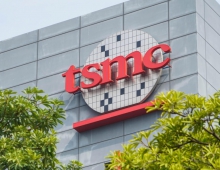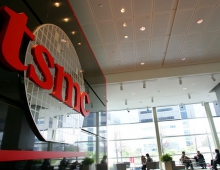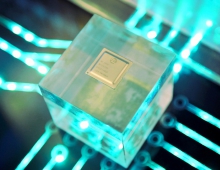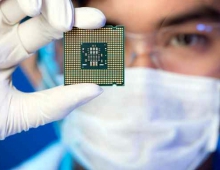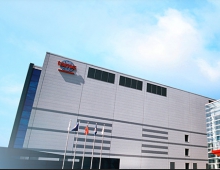
TSMC's 28-nm process Not Yielding Well, Says Analyst
Taiwan Semiconductor Manufacturing Co. Ltd. (TSMC) is in trouble with its 28-nm manufacturing process technologies, according to Mike Bryant, technology analyst with Future Horizons Ltd.
The analyst referenced un-named contacts made with multiple companies waiting for designs to be produced by TSMC on 28-nm processes, He said that there are 10 designs in manufacture from seven companies. "We're now hearing none of them work; no yield anyway," he told an audience at a one-day market forecast conference organized by Future Horizons, in London on Thursday. "Ten designs going through; we have heard about problems on six of them," Bryant added.
Just one day earlier, TSMC CEO and chairman Morris Chang told analysts that the company's 28-nm had entered volume production last year and had contributed 2 percent of 4Q11's wafer revenue. "Defect density and new progress is ahead of schedule and is better than 40-45-nm at the corresponding stage of the ramp-up," Chang said. "We expect 28-nm ramp this year to be fast and we expect 28-nm will contribute more than 10 percent of total wafer revenue this year."
"We have so far completed 36 individual tape-outs and have scheduled another 132 individual product tape-outs in 2012. While three versions of the 28-nanometer technology, the LP, the HP and the HPL have entered volume production, the fourth version, the HPM has entered risk production this quarter and is expected to begin volume production in the second half of this year," Chand added.
TSMC looks like is in a similar situation to Globalfoundries, which saw problems with its 32-nm/28-nm processes in 2011.
Bryant added that Intel has a clear technology leadership position as it has been running 32-nm manufacturing process. In addition, Samsung Electronics has successfully brought up its 28-nm low power logic process.
In the previous years, TSMC's customer Nvidia had been affected by the foundry' low yields with its 45-nm process.
Just one day earlier, TSMC CEO and chairman Morris Chang told analysts that the company's 28-nm had entered volume production last year and had contributed 2 percent of 4Q11's wafer revenue. "Defect density and new progress is ahead of schedule and is better than 40-45-nm at the corresponding stage of the ramp-up," Chang said. "We expect 28-nm ramp this year to be fast and we expect 28-nm will contribute more than 10 percent of total wafer revenue this year."
"We have so far completed 36 individual tape-outs and have scheduled another 132 individual product tape-outs in 2012. While three versions of the 28-nanometer technology, the LP, the HP and the HPL have entered volume production, the fourth version, the HPM has entered risk production this quarter and is expected to begin volume production in the second half of this year," Chand added.
TSMC looks like is in a similar situation to Globalfoundries, which saw problems with its 32-nm/28-nm processes in 2011.
Bryant added that Intel has a clear technology leadership position as it has been running 32-nm manufacturing process. In addition, Samsung Electronics has successfully brought up its 28-nm low power logic process.
In the previous years, TSMC's customer Nvidia had been affected by the foundry' low yields with its 45-nm process.

